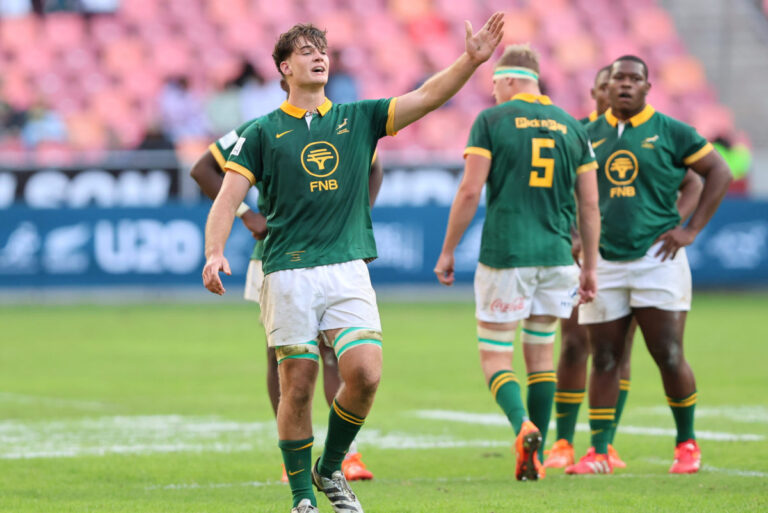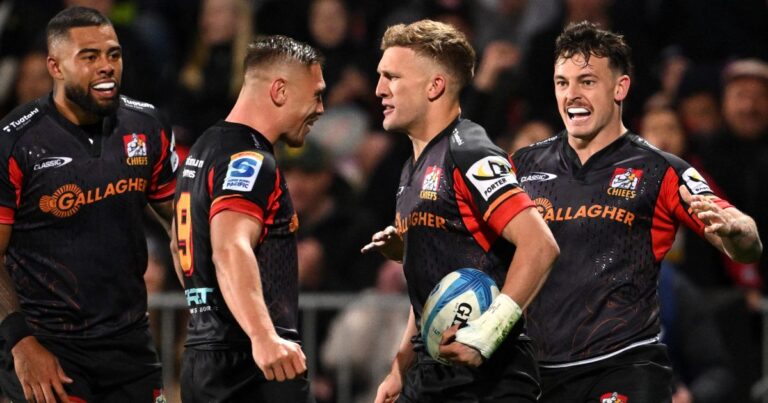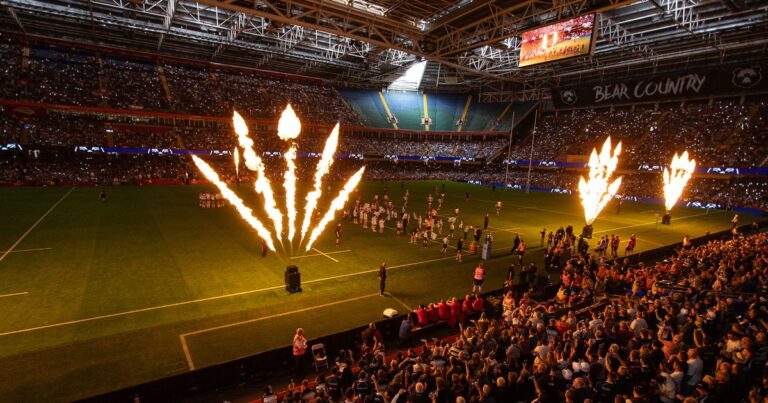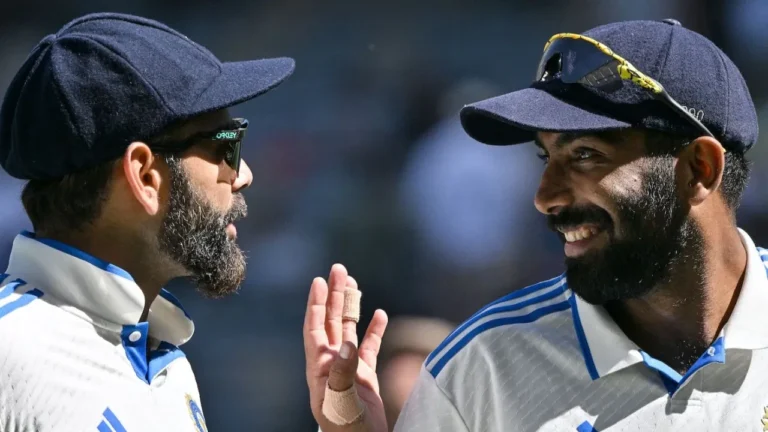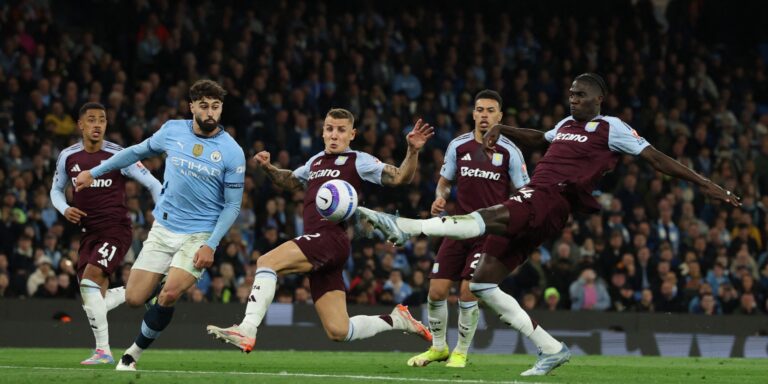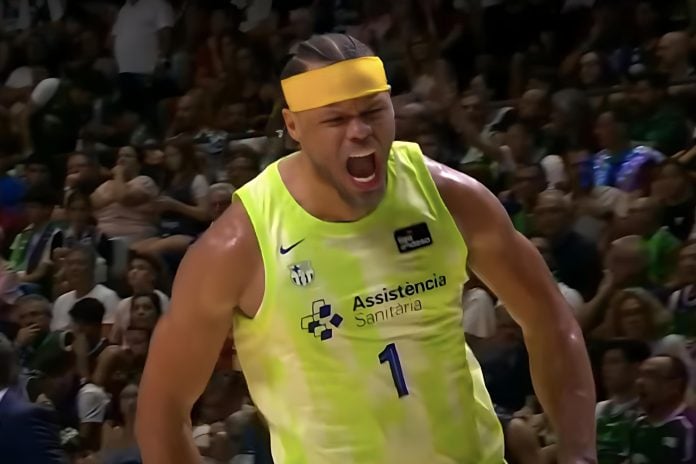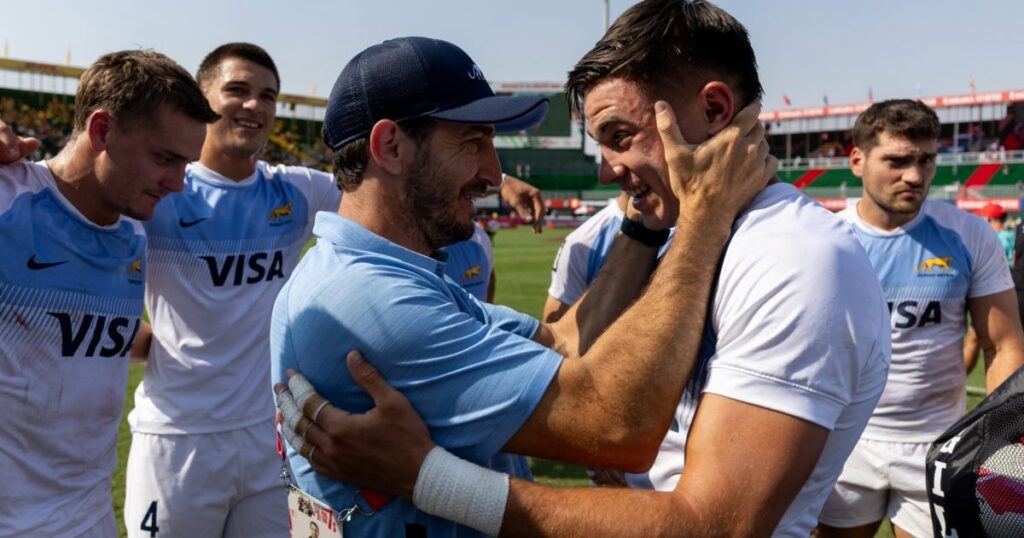
Santiago Gómez Cora never relaxes. He recently finished the HSBC SVNS Series and his renewed squad is already working hard, identifying and working with new talent.
Three regular players from the past few seasons have moved to fifteens (Tomás Elizalde, Tobías Wade and Agustín Fraga), and Los Pumas Sevens have named an enlarged squad that is already working ahead of a season that has yet to have dates and venues.
The new squad has already started doing post-season training and whilst some players are full-time professionals with the Argentine Rugby Union, the rest will continue to play their club rugby and be monitored, meeting regularly for training camps whilst learning the tricks of the sevens trade.
“We must work on the next generation of players as we need to have a larger group understanding who we are, our ethos and how we play,” opens a relaxed Santiago Gómez Cora, sitting at home in Buenos Aires, but still speaking fast and throwing ideas and concepts one after the other.
The season that has just completed has given him a lot of joy which sugar coated the long and strenuous hours of work the whole Pumas 7s set-up put into becoming the team to beat.
“From a rugby point-of-view, this was the best year for this team because we were facing the challenge of confirming what we’d done the previous year and were the team to beat, which is harder.”
“We had surprised everybody a year ago as we started to win; when the opponents start to analyse you, understand what you are try to do, you might show that your success was only a flash in the pan.”
They confirmed they were the real thing.
And he refers to one of his most loved analogies, the one of the bamboo tree that from the moment that the seed is placed, it will take seven years with little growth until it goes from nothing to huge size in a matter of weeks.
He likens his team to the bamboo in that it is solid, with good roots. Ready for what lies ahead.
2019 was a seminal year, “winning the Pan American Games in Lima” after two final losses in 2011 – Gómez Cora wasn’t involved – and 2015.
“It set us up and after the pandemic we were a changed team. It was all about continually getting better. We were after more and better on-field actions If we won six kick-offs, let us win eight, and so on.”
“The previous season was incredible because we were playing well, but this one was great because it was the confirmation of the work done.”
If anything sets Gómez Cora apart from many other coaches is that he doesn’t look at wins and losses. “I look at numbers, at stats. I analyse actions and how well we do at that – how many balls we turnover, kick-offs, tackles, rucks hit, defensive actions, how many minutes players play, individual stats, match stats, even historical stats,” and he shows RugbyPass what many in the sevens’ industry would love a peek into: his laptop.
For the untrained eye, not much is of use. For him, each number means something, tells a story. And how quickly he can read them is crucial during a tournament.
“I do my own metrics and stats as I don’t like the ones World Rugby provides. I use colours to make it visually easier.”
He mentions, as an example, what World Rugby considers a missed tackle he instead sees players that might not tackle but are shepherding opposing players to an area where his team is defensively stronger.
It will take him some twenty minutes after a game to finish producing the analysis and putting together the information he needs to share with the team to continue moving forward. He will look at Argentina and his faithful lieutenant Leonardo Gravano will focus on the next opponent.
If it is a pool opponent, there will a deeper analysis done in the buildup, but the previous game will help to confirm the trends that have been seen are still there. “We like looking at the immediate previous game.”
His own players also come under deep scrutiny. “With the trainer we look at their time on the field and we already know, with stats, that after X amount of minutes they no longer have the impact we need from them. He will tell me who needs to be replaced.”
Players, after accumulated stats, can play a number of minutes per weekend. “It varies from player to player. A six-match tournament lasts 84 minutes. Someone like Marcos (Moneta) used to play 40 minutes, he pushed to fifty and can now play 60.”
“The best rugby players, the playmakers, can play for longer periods, whilst those that use either speed or strength are likely to tire earlier.”
It seems nothing escapes Gómez Cora’s eyes, but it is work, work and work.
“In years gone, we were the ones looking from the outside, hoping to get some of the moments other nations had. We are there now and the pressure is huge, so we must continue to develop as a team, find new ways to be competitive, design new trends.”
Losing in the final game of the season against New Zealand only proves his point. “They never abandoned their programme, they continued working hard as all the other teams did. It was that we chased and caught up with them, but a slip here, a slip there, and they beat us as it should, naturally, be.”
Not winning Los Ángeles and not being able to close the season, again, winning the final tournament doesn’t move the coach. “We won the Series, that shows consistency. That is what makes me prouder. Winning a single tournament depends on many variables. Winning the Series is about consistency.”
This was a season of confirmation and the best memory comes from Hong Kong. Los Pumas 7s first played in the former colony in 1981. “Winning was incredible. It is always the hardest tournament for us as it is the furthest we have to travel to, adaptation is always problematic. We broke a hoodoo and felt incredible.”
The offseason is something that Gómez Cora doesn’t necessarily cherish. He needs a break but wouldn’t know how to fully relax. He’ll try he says.
Still nursing his serious back operation at the end of 2024, he had been invited to coach in the new Rugby Professional League in India. After deep consideration and early negotiations, he decided it would not be wise, needing to continue recovering his mobility and trying to keep fresh.
When the season kicks off again later this year, there will be a price on Argentina’s backs and every team will want to beat them.
Santiago Gómez Cora knows it. And he is preparing for that.

